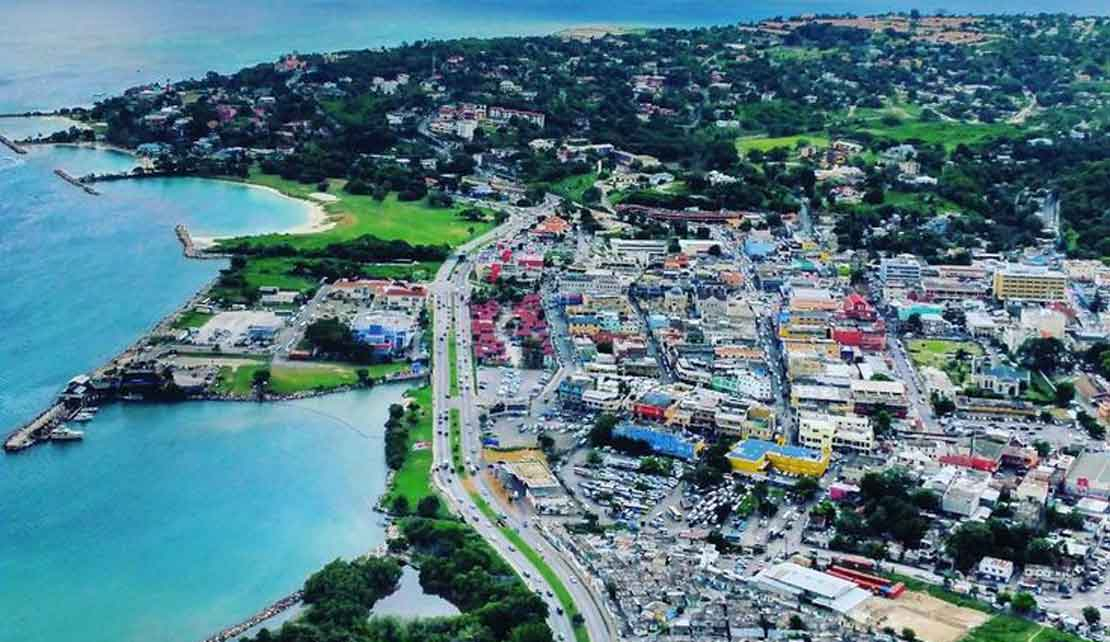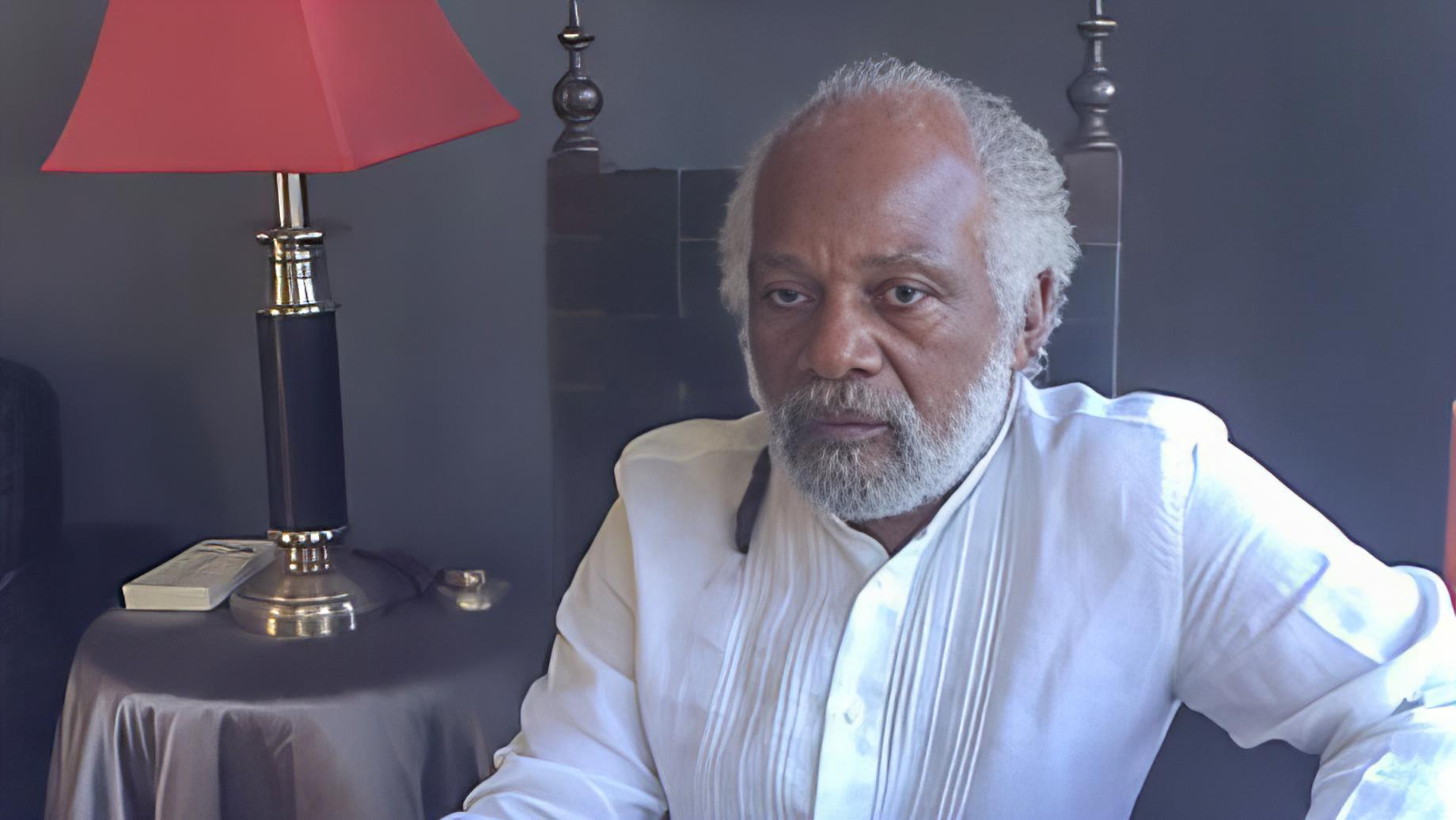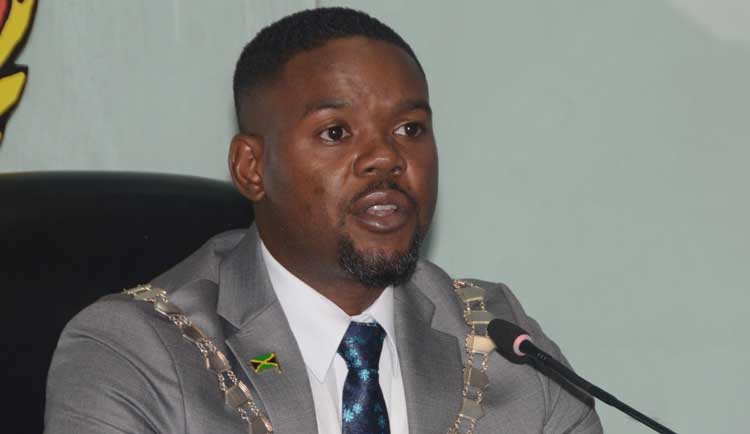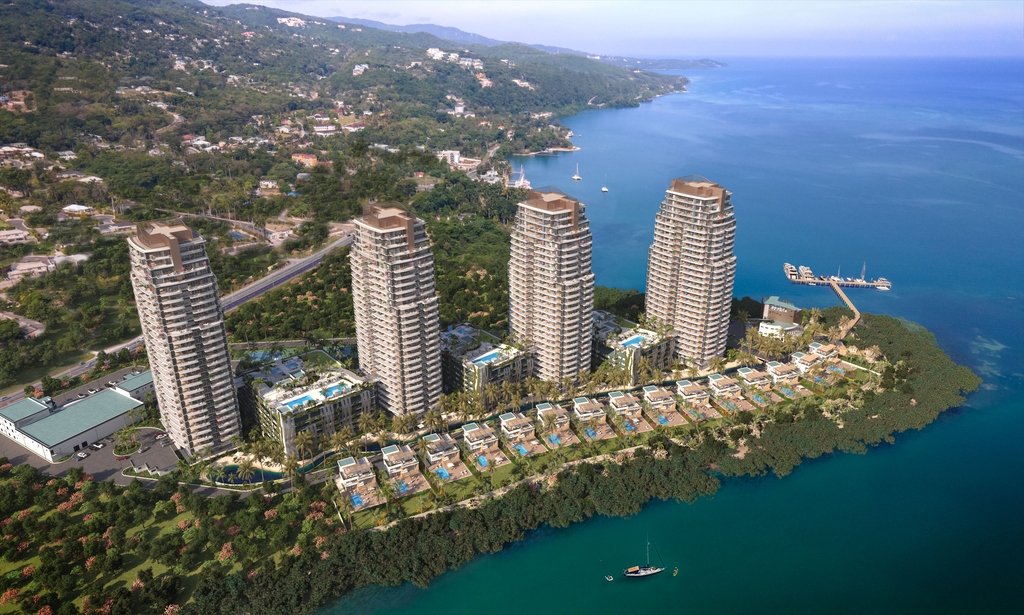JAMAICA | Transforming MoBay: Addressing Indiscipline, Revitalizing its Urban Core for a Sustainable Future

Montego Bay, Jamaica, July 12, 2024 - Montego Bay, Jamaica's vibrant tourist hub, faces a complex interplay of economic, social, and infrastructural challenges that impact its development.

The looseness is also reflected in the behavior and actions of corporate Montego Bay, as seen in the irresponsible use of Jamaica Railway Corporation (JRC) real estate in our urban center. Such casual and thoughtless utilization of state property is reckless and detrimental to the orderly development of the Montego Bay market district. This negligence directly undermines the essential need for structured and well-planned reformation within the area.
City leaders have repeatedly emphasized the critical importance of a coherent and organized approach to urban development. The Montego Bay market district, a vital economic hub, requires meticulous planning and thoughtful management to ensure its growth and sustainability.
However, the current misuse of this strategic real estate resource blatantly ignores these vital principles. Urban development is the backbone of a thriving community. It provides the necessary infrastructure, supports local businesses, attracts tourists, and enhances the quality of life for residents. By allowing disorderly use of such a crucial segment of our city, we risk hampering not only the market district's potential but also the prospects for broader urban prosperity.
The Jamaica Railway Corporation's real estate should be utilized in a manner that aligns with the strategic and orderly development goals of Montego Bay. Only through deliberate and responsible planning can we ensure the sustainable and vibrant future of our market district and, by extension, our entire city.
We trust that the recently appointed Chairman of the JRC, Mr. Lance McDonald, will alter the backward culture and hoarding attitude of the JRC. Given his extensive experience as a professional in government administration and business management, coupled with his skills in strategic and operations management, he will navigate the competing interests faced by the corporation.

This transformation should be guided by a comprehensive development plan, akin to the Greater Montego Bay 2014 Development Plan, which unfortunately was not enacted as a development order.
The viability of Montego Bay hinges on retaining a residential population. This ensures a local workforce, enhances city vibrancy, supports urban security, and reduces commuting time and transportation costs.
Accordingly, the city must offer a range of housing solutions for efficient service delivery. The Greater Montego Bay Redevelopment Plan proposed converting blighted areas like Long Acre into high-density, mixed-use districts with harmonious residential and commercial spaces. This plan envisions residential and commercial spaces coexisting harmoniously, reducing urban blight and fostering a robust city center.
Currently, Montego Bay's urban center has adequate social services, such as schools, healthcare facilities, security, and recreational amenities. However, what’s lacking is sufficient commercial space for small and medium-sized businesses, along with the integration of street vending into the formal economy. Without proper planning, Montego Bay risks devolving into a chaotic hub of informal activities.
The Greater Montego Bay Redevelopment Plan proposed varied housing solutions, aiming to create a high-density, mixed-use district in areas like Long Acre. This plan envisions residential and commercial spaces coexisting harmoniously, reducing urban blight and fostering a robust city center.
It is fortuitous that the newly appointed chairman of the powerful Urban Development Corporation, Mr. Norman Brown, hails from Montego Bay. An influential associate of the Deputy Prime Minister and Member of Parliament, Hon. Horace Chang, he is in a powerful position to commission a development plan to guide the development of the city.
As the Chairman for the Housing Agency of Jamaica, he is well-placed to address the need for revitalizing Montego Bay’s inner city, specifically through building affordable housing units catering to low and middle-income residents. This should include luxury condominiums to attract high-income residents, thereby boosting the economic profile of the city. Additionally, creating commercial and recreational spaces promotes a live-work-play environment.
With the recent election of Councillor Richard Vernon, a young and forward-thinking mayor, it is crucial that he prioritizes participatory governance in the functioning of the St. James Municipal Corporation. A democratic, transparent, and accountable governance structure is crucial for the successful development of Montego Bay.

Montego Bay stands at a critical juncture, with significant opportunities for regeneration and growth. By addressing economic informality, revitalizing key areas like the Railway Lands, fulfilling the promises of Relocation 2000, and encouraging civic responsibility, Montego Bay can embark on a path towards sustainable development and a brighter future for its residents. Robust governance and community engagement will be essential in realizing this vision, transforming Montego Bay into a thriving, disciplined, and cohesive city.
The revitalization of Montego Bay is not just an economic imperative but a social and cultural one. The city’s potential can only be fully realized if its development is inclusive and equitable, ensuring that all residents benefit from its growth. Addressing the informal economy by integrating street vendors and small businesses into the formal sector will provide stability and growth opportunities, fostering a more resilient urban economy.
Moreover, the development of mixed-use districts, as envisioned in the Greater Montego Bay Redevelopment Plan, will create vibrant communities where people can live, work, and play. This holistic approach to urban planning will enhance the quality of life for residents and make Montego Bay a more attractive destination for tourists and investors alike.
The success of Montego Bay's transformation depends on strong leadership and community involvement. The roles of Mr. Norman Brown and Councillor Richard Vernon are pivotal in steering this change. Their commitment to participatory governance and strategic planning will lay the foundation for a more disciplined and organized city. By fostering a culture of accountability and transparency, they can rebuild trust in public institutions and ensure that development initiatives are effectively implemented.
Montego Bay's journey towards regeneration and growth is a testament to the power of visionary leadership and collective action. By embracing a comprehensive development plan, addressing social and economic disparities, and prioritizing sustainable urban practices, Montego Bay can become a model of urban renewal in the Caribbean.
The city stands at a crossroads, and the path it chooses will determine its future prosperity and cohesion.
As Montego Bay moves forward, it is essential to remember that development is not just about infrastructure and economic growth but also about building a community where all residents feel valued and have the opportunity to thrive.
By working together, the people of Montego Bay can create a city that is not only vibrant and dynamic but also inclusive and resilient, ensuring a brighter future for generations to come.
-30-
